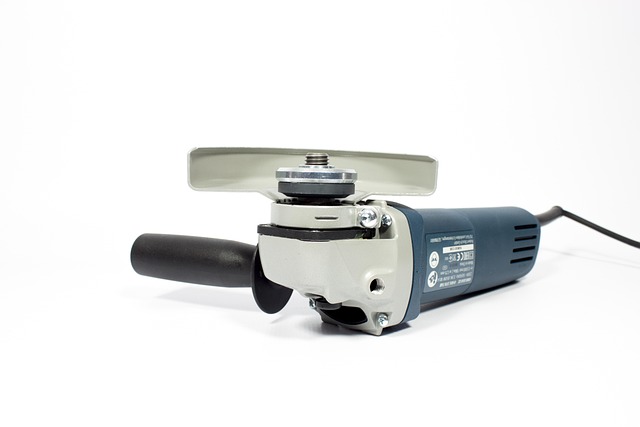Sound deadening materials like fiberglass, mineral wool, and recycled acoustic panels are crucial for quieter indoor spaces in homes, offices, and vehicles. Industry standards, measured by Sound Transmission Class (STC), guide selection for effective noise reduction. These materials enhance comfort, minimize noise pollution, and offer long-lasting performance in automotive restoration and repair, ensuring a serene driving experience.
Sound deadening materials are essential in creating peaceful, acoustically balanced spaces. This guide explores common sound deadening options and their unique properties, empowering you to make informed choices. We delve into industry standards for acoustic performance, ensuring optimal noise reduction. Understanding these factors is crucial when selecting the right material for your application, whether it’s construction, automotive, or any industry demanding superior sound control.
- Common Sound Deadening Materials and Their Properties
- Industry Standards for Acoustic Performance
- Choosing the Right Material for Your Application
Common Sound Deadening Materials and Their Properties

Sound deadening materials play a vital role in creating quieter indoor environments, whether it’s in homes, offices, or vehicles. Common options include fiberglass matting and foam, known for their excellent sound absorption qualities. These materials are effective at reducing echo and reverberation, making them ideal for various applications such as automotive repair and car bodywork services. Their lightweight yet robust nature ensures they can be easily integrated into new constructions or used during renovation projects.
Another popular choice is mineral wool, which offers superior insulation properties alongside sound-dampening effects. This material is particularly effective at blocking noise transmission between spaces, making it a preferred option in commercial and residential settings. For specific needs like scratch repair, specialized acoustic panels made from recycled materials are gaining popularity due to their eco-friendly nature and ability to minimize noise in small, enclosed areas. These versatile sound deadening materials cater to diverse industries, contributing to enhanced comfort and reduced noise pollution in our daily lives.
Industry Standards for Acoustic Performance

In the realm of sound deadening materials, industry standards for acoustic performance are crucial to ensure effective noise reduction in various applications. These standards are designed to measure and define the material’s ability to absorb or block sound waves, thereby enhancing acoustic comfort in spaces ranging from automotive restoration projects to fleet repair services. The primary metric is typically the Sound Transmission Class (STC), which rates a material’s overall sound-blocking efficiency.
When it comes to automotive applications, such as fender bender repairs, sound deadening materials that meet or exceed these standards play a vital role in minimizing noise levels within vehicles. This is not only beneficial for passenger comfort but also contributes to the overall quality and appeal of fleet repair services. By adhering to industry guidelines, professionals in this field can ensure that restored vehicles provide a quieter, more serene driving experience.
Choosing the Right Material for Your Application

When selecting sound deadening materials for your project, understanding the specific application is key. Different environments require unique solutions. For instance, in a car body restoration or frame straightening process, the focus should be on materials that offer superior insulation and noise reduction without compromising structural integrity. This is especially crucial in car repair shops where minimizing noise levels can create a safer and more comfortable working environment for technicians.
Opting for high-quality sound deadening materials ensures not only effective noise control but also long-lasting performance. Whether it’s for industrial settings or automotive applications, the right choice should provide excellent thermal insulation, reduce reverberation, and minimize echo, thereby enhancing overall acoustic comfort. In car repair shops, this translates to a quieter workspace, allowing technicians to concentrate better without being distracted by unwanted noises.
Sound deadening materials play a vital role in enhancing acoustic performance across various industries. By understanding common materials, their properties, and industry standards, you can make informed choices tailored to specific applications. When selecting sound deadening solutions, consider factors like noise reduction levels, installation methods, and environmental compatibility. With the right material, you can achieve superior silence and improve overall space comfort, making it a valuable investment for any project demanding optimal acoustic control.














